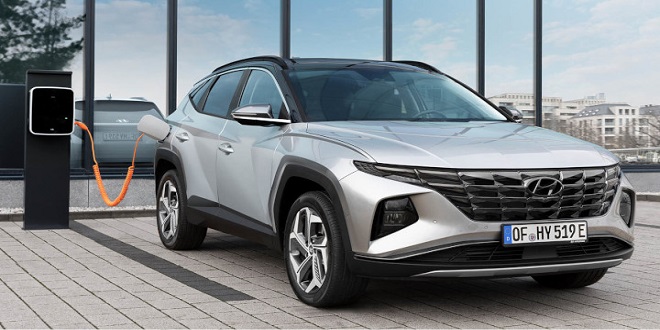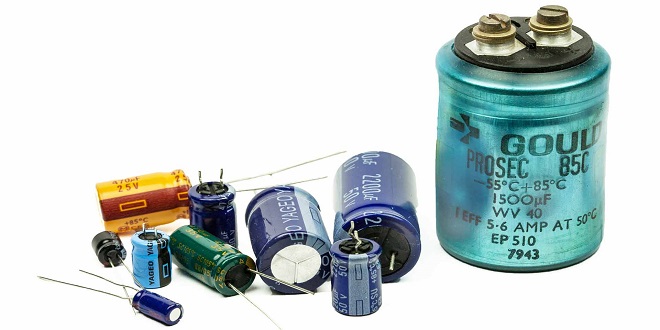The Main Difference Between Hybrid And Plug In Hybrid

There are a few key differences between hybrid and plug-in hybrid vehicles. The Main difference between hybrid and plug-in hybrid is that hybrid vehicles rely on a gasoline engine and an electric motor to power the car. And a plug-in hybrid only uses its electric motor until the battery is depleted, at which point the gasoline engine will power the car.
Secondly, hybrid vehicles cannot be plugged into an external power source to recharge the battery, whereas plug-in hybrids can. Finally, hybrid vehicles tend to have smaller batteries than plug-in hybrids and, as a result, have a shorter electric-only range.
What Is The Main Difference Between A Hybrid And A Plug-in Hybrid?
The main difference between a hybrid and a plug-in hybrid is that a plug-in hybrid can be plugged into an external power source to recharge the battery, while a hybrid cannot.
The main difference between a hybrid and a plug-in hybrid is that a hybrid uses a gasoline engine and an electric motor, while a plug-in hybrid uses only an electric motor. The electric motor in a plug-in hybrid is powered by a battery that can be recharged by plugging it into an outlet.
With gas prices rising, many car buyers Are looking for ways to save at the pump. Hybrid and plug-in hybrid cars are two fuel-efficient options that have recently gained popularity. But how do these two types of cars differ in fuel economy?
Hybrid cars have been around for over a decade, and they are the more established technology of the two. Hybrid cars use a combination of gasoline and electric power to run the vehicle. The electric power is generated by a battery recharged by the gasoline engine.
Plug-in hybrid cars are a newer technology, and they are similar to hybrid cars in that they use a combination of gasoline and electric power. However, the difference is that plug-in hybrids have a larger battery that can be plugged into an outlet to recharge. This allows them to run on electric power for a longer distance than hybrid cars before the gasoline engine needs to kick in.
If you do a lot of stop-and-go driving in the city, a plug-in hybrid might be the better option since it will spend more time running on electric power.
However, a hybrid car might be more efficient if you do mostly highway driving since it can run at higher speeds on gasoline power.
Ultimately, the best way to figure out which type of car is right for you is to test drive both and see which one suits your driving needs best.
FAQ
What Are The Main Benefits Of Owning A Hybrid Or Plug-in Hybrid Car?
Some benefits of owning a hybrid or plug-in hybrid car are that they are more fuel efficient than traditional gasoline cars, emit less pollution, and may be eligible for certain tax credits or other incentives.
What Are The Main Drawbacks Of Owning A Hybrid Or Plug-in Hybrid Car?
The main drawbacks of owning a hybrid or plug-in hybrid car are the high initial cost and the lack of infrastructure to support them. Hybrids and plug-in hybrids are still new technology, so they are not as widely available as traditional cars, and there are not as many charging stations.
Last Idea
The main difference between hybrid and plug-in hybrid vehicles is the type of battery that they use. Hybrid vehicles use a combination of gas and battery power, while plug-in hybrids use only battery power.





